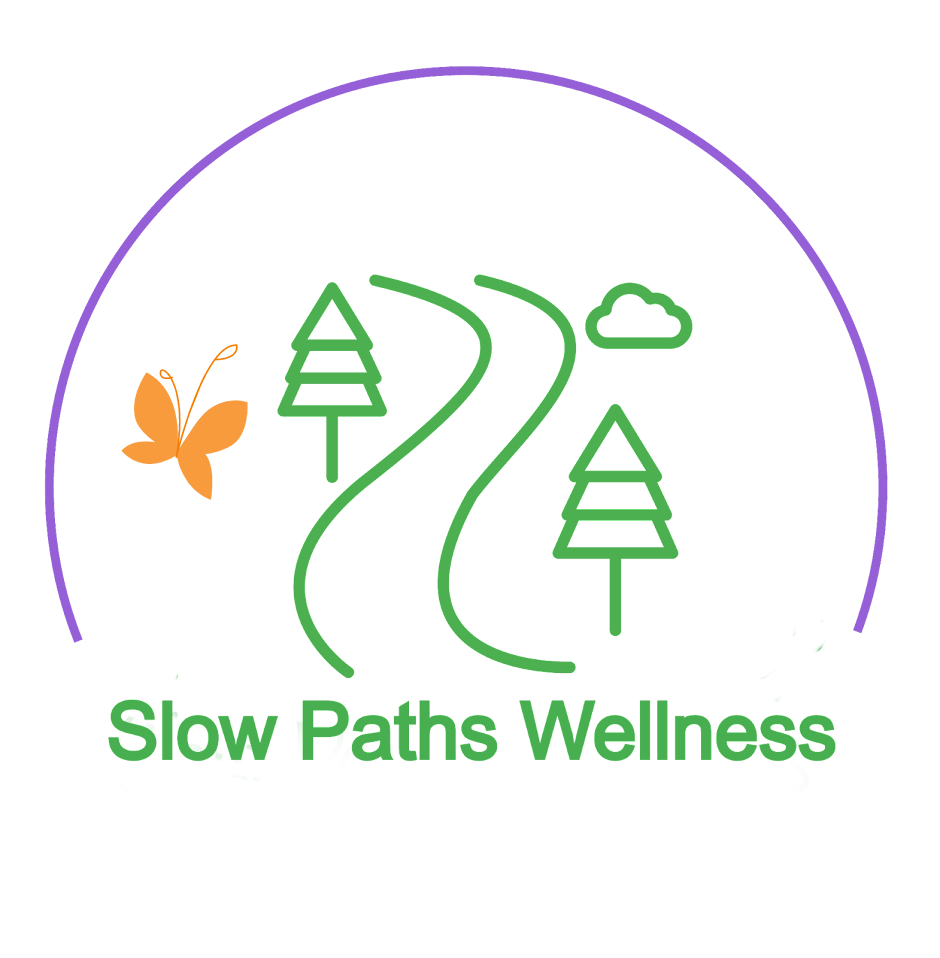 |
| Photo Credit: Stock.xchng |
For the past four months, I have been in pain. An old back injury got aggravated, then aggravated some more. As an acupuncturist, this situation has hurt my pride. I treat back pain all the time, and one of the reasons I got into acupuncture is because of the pain relief it gave me. I've tried lots of different things--acupuncture, of course, but also stretching, acupressure, massage, and chiropractic. Each one seemed to help, but after a day or two the pain returned. And I was discouraged.
In the past two weeks, I decided to play "what would I do for a patient in the same situation?" The answer was easy--I would suggest a slew of treatments all at once--throw everything we had at the problem in hopes of subduing it.
So that's what I did. This week, I've had two acupuncture treatments, two chiropractic adjustments, and one massage. I have also had better improvement than I have in months. I believed I couldn't spare the time to make these treatments a reality. But now I see that the time I wasted feeling bad led to reduced productivity, reduced creativity, and certainly did not help me be an example of the benefits of natural living.
Natural remedies, while often quite effective, are also often quite gentle. They guide your body back into balance instead of dragging it, kicking and screaming, to a level of forced functioning. Building health sometimes takes many layers of effort--a little adjustment to diet, some slight changes to exercise, and maybe a few forms of treatment to address all areas that affected by a health problem. So if you're dealing with depression, therapy or herbs or diet changes or exercise alone may not be enough to solve the problem--they may need to be used together. If allergies are your issue, you may need to avoid known allergens, build your system with health food and supplements, and deal with stress, which compromises your immune system.
Going the natural path sometimes requires more effort than filling a prescription and popping a pill. (And, of course, there are some things in our modern age that require doing that in addition to healthy life changes.) Layering therapies is a way to get more out of your natural living strategy.
I'm not completely out of the woods yet, but I am hopeful that slow and creaky is not my new normal. Sometimes when you have a problem, you have to attack it head-on and throw all your resources at it. Have you had a similar health experience? Tell me about it in the comments!

















